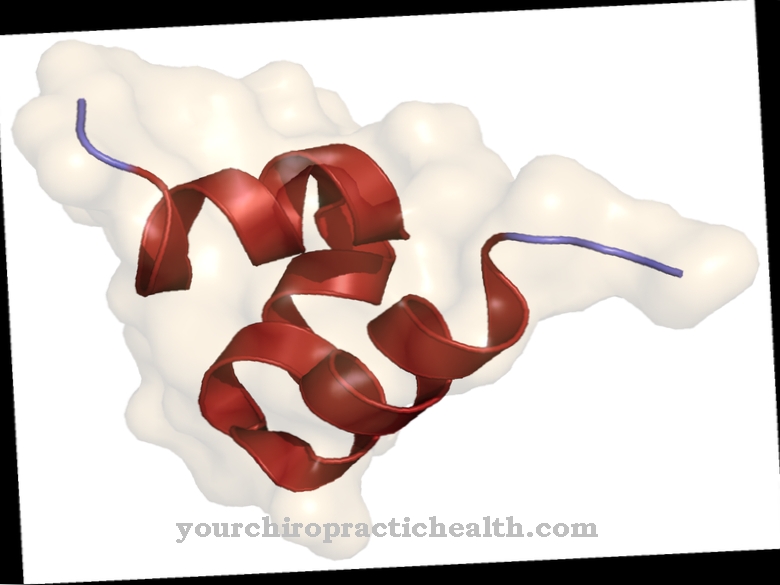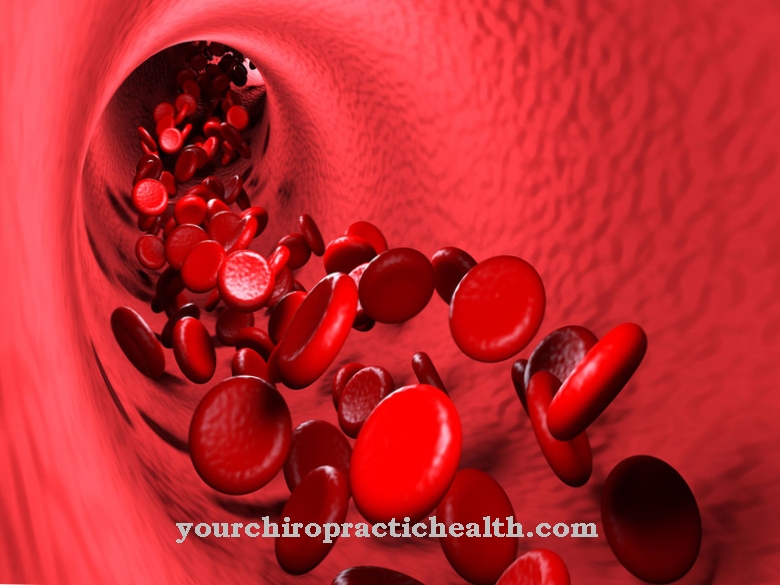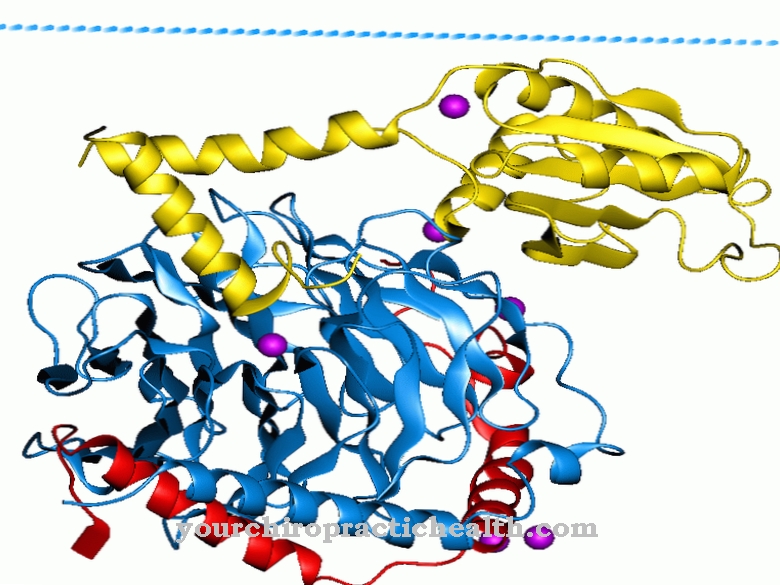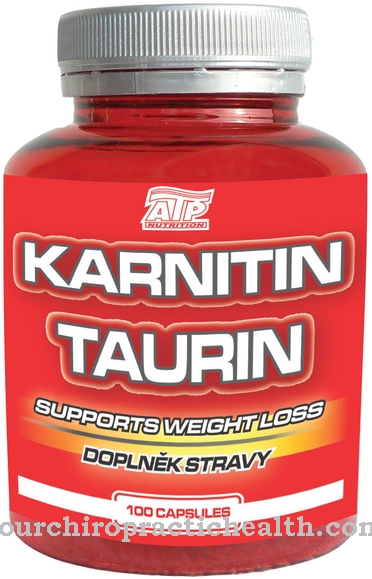Vitamin B3 is also called niacin designated Nicotinic acidwhich was discovered in 1867. Its effectiveness in the physiology of living things was not known until almost a century later in 1934.
How vitamin B3 works

Vitamin B3 is particularly important for the metabolism of fats, carbohydrates and proteins, as it forms an important component of various coenzymes. Vitamin B3 can be found in every living cell, although it is primarily stored in the liver.
In addition to its role in the various metabolic processes, vitamin B3 is also involved in the regeneration of muscles, nerves, skin and even DNA. It is certainly an advantage that vitamin B3 is less sensitive to the effects of atmospheric oxygen, light and heat compared to many other vitamins of the B group.
meaning
How much vitamin B3 has to be consumed per day depends on the individual's energy requirements and can therefore vary. On average, an adult needs 6.6 mg of vitamin B3 to generate around 1000 kcal of energy that is used by the various organs, cells and tissues.
A man needs about 15-20 milligrams and a woman about 13-15 milligrams of vitamin B3 per day. These quantities should be adhered to as far as possible, since both a deficiency in vitamin B3 and an oversupply of vitamin B3 can have its consequences. A deficiency in vitamin B3 occurs only rarely, however, since the important vitamin B3 can also be obtained from tryptophan. Nevertheless, for example, a low-protein diet can initially lead to problems with the absorption of vitamin B3.
The effects can then be seen, for example, in loss of appetite, concentration disorders, but also depression, diarrhea or skin changes can be a vitamin B3 deficiency.
If too much vitamin B3 is consumed, which is the case on average from 1.5 to 3 g of vitamin B3, then there can be a strong expansion of the vessels and, as a result, a drastic drop in blood pressure.
Independent of this are also dizzy spells or an increased level of uric acid in the blood. However, if you pay attention to the amount, then vitamin B3 can also be used in medicine to treat increased fat content in the blood.
Especially if treatment with statins alone does not produce sufficient results. Nevertheless, it must be ensured that the various symptoms of an overdose are not caused by the additional intake of vitamin B3 via food.
Occurrence in food
There are numerous foods in nature that contain vitamin B3. These natural suppliers include in particular other living beings such as game, fish or poultry as food for humans.
Of course, the various animal products such as eggs or dairy products also have a subset of the daily vitamin B3 requirement. Regardless of this, however, some herbal products also provide vitamin B3: mushrooms, peanuts, brewer's yeast, dates, wheat bran, apricots or various legumes.
However, the amount of vitamin B3 contained is not a cause for concern in a balanced diet, so that a possible overdose without additional intake of vitamin B3 should not occur. However, taking appropriate medication or taking nutritional supplements can of course increase the likelihood if the doctor's instructions or the package insert are not followed.












.jpg)



.jpg)










.jpg)
